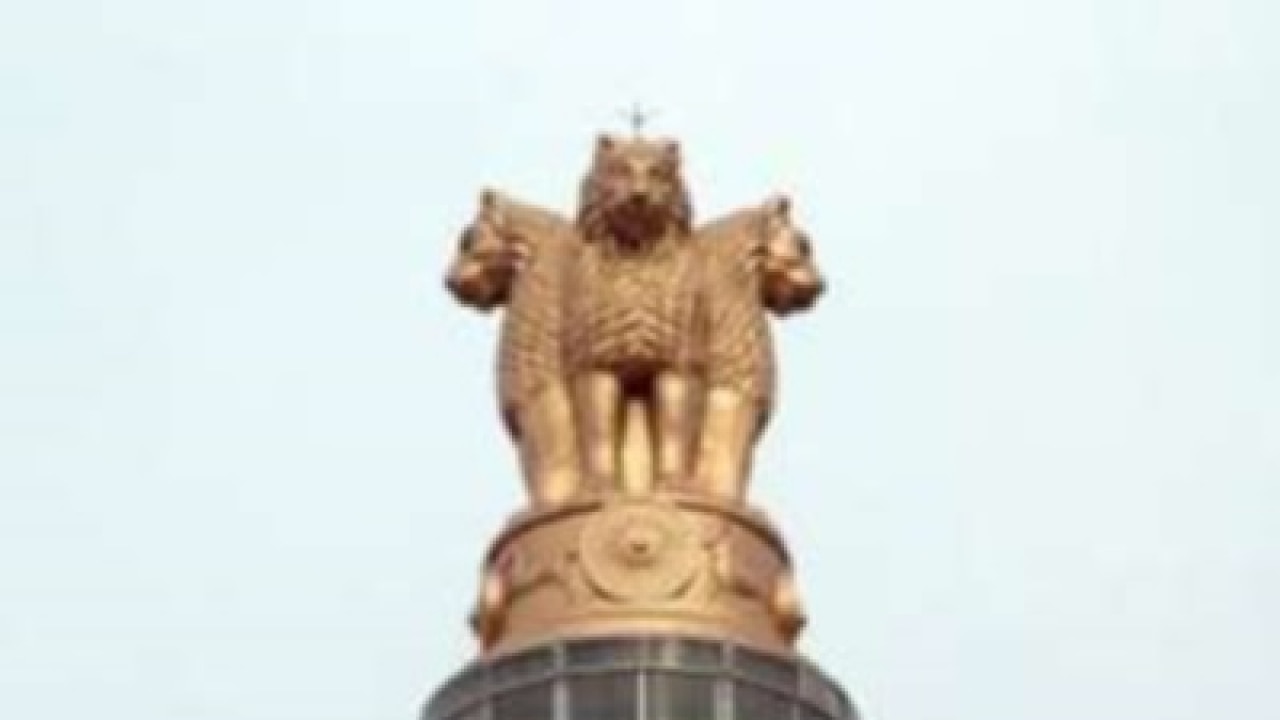
- Select a language for the TTS:
- UK English Female
- UK English Male
- US English Female
- US English Male
- Australian Female
- Australian Male
- Language selected: (auto detect) - EN
Play all audios:
AFTER AN APRIL INCREASE OF OVER FOUR PER CENT, THANKS TO THE TRIPLE LOCK, THE STATE PENSION IS NOW £11,973 PER YEAR. 07:49, 02 Jun 2025Updated 07:50, 02 Jun 2025 The Full, New State Pension
has risen as the Cost of Living crisis continues to hit older people up and down the country. After an April increase of over four per cent, thanks to the Triple Lock, the state pension is
now £11,973 per year. But it comes with a sting in the tail: it means pensioners will be just £597 away from the Personal Allowance of £12,570. You’ll be able to claim the new State Pension
when you reach State Pension age if you’re a man born on or after 6 April 1951 or a woman born on or after 6 April 1953. If you were born before, these rules do not apply. Instead, you’ll
get the basic State Pension. You may also get Additional State Pension. READ MORE SMART MOTORWAYS COULD BE SCRAPPED FROM ENGLAND ENTIRELY The state pension is paid by the Department for Work
and Pensions ( DWP ) without any tax being deducted first. Article continues below To ensure the right amount of tax is paid on someone’s total income – that is, their private or
occupational pension plus their state pension – their pension provider takes the state pension into account when calculating how much tax to deduct under PAYE. Generally pensioners whose
only income is the state pension will not have to pay any income tax in practice. This is because their annual income will fall below the personal tax allowance – the amount of income
taxpayers may receive tax-free. Recently there have been some concerns that an increasing number of pensioners in this position may find that they are liable to pay some tax on their state
pension. Article continues below This is because the government has continued to apply the ‘triple lock’ when uprating the basic and new state pension, while freezing the personal tax
allowance at £12,570, which is the level it reached in 2021/22. The Personal Allowance goes down by £1 for every £2 of income above the £100,000 limit. It can go down to zero.



:max_bytes(150000):strip_icc():focal(587x143:589x145)/sally-field-f90db39b286e4b8aacf2addca6b8b503.jpg)




